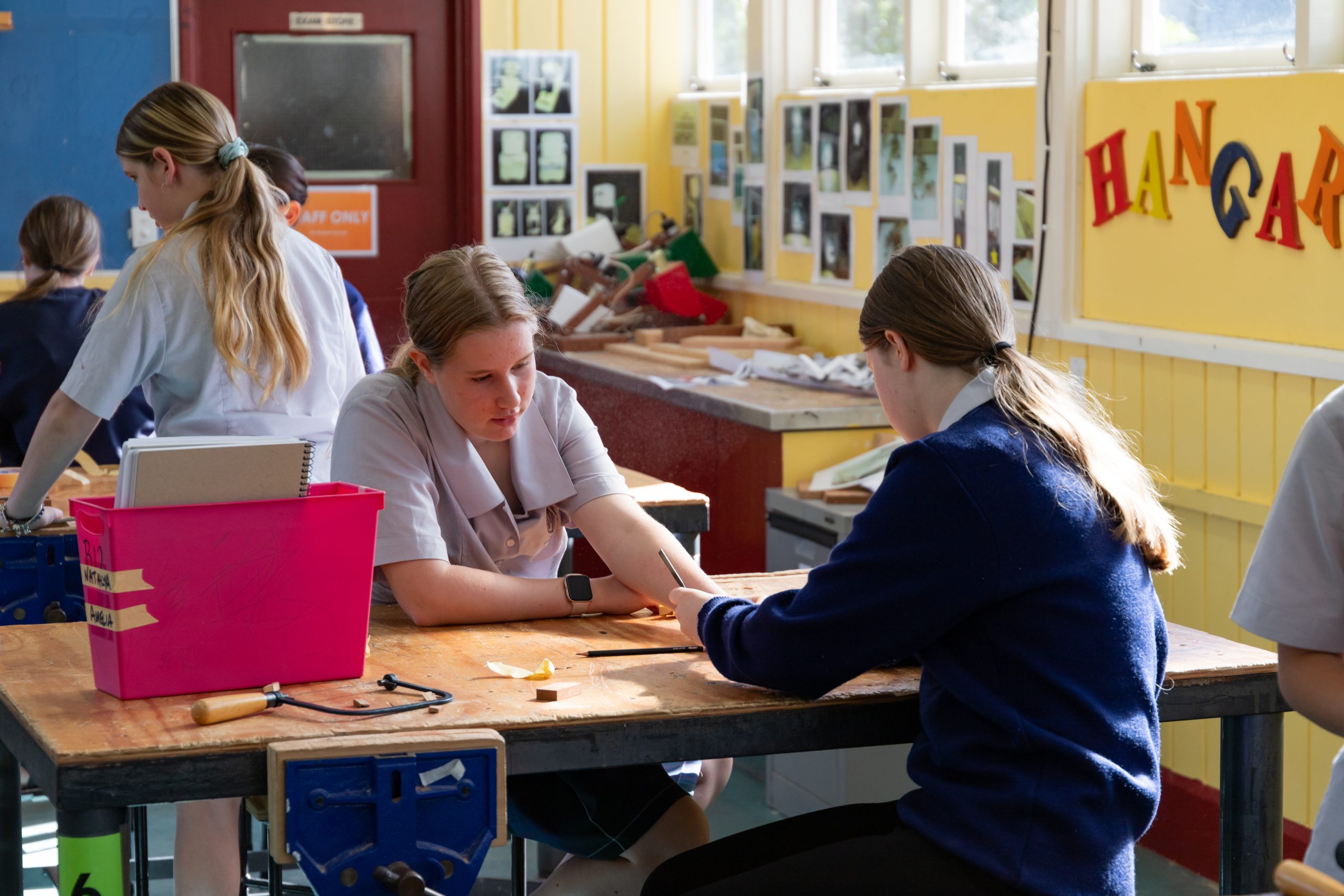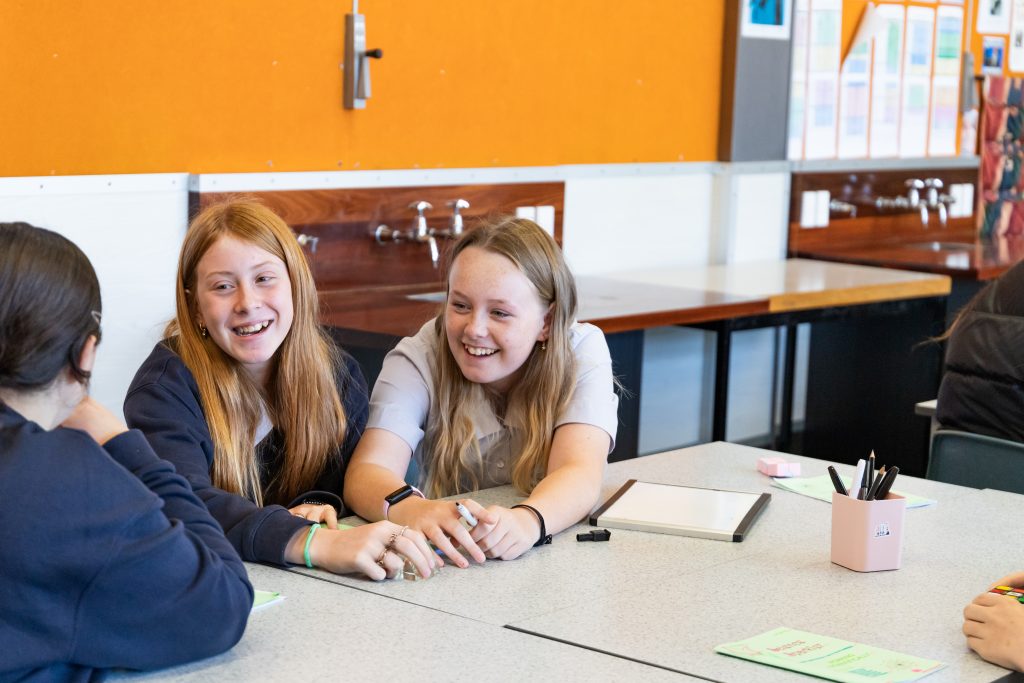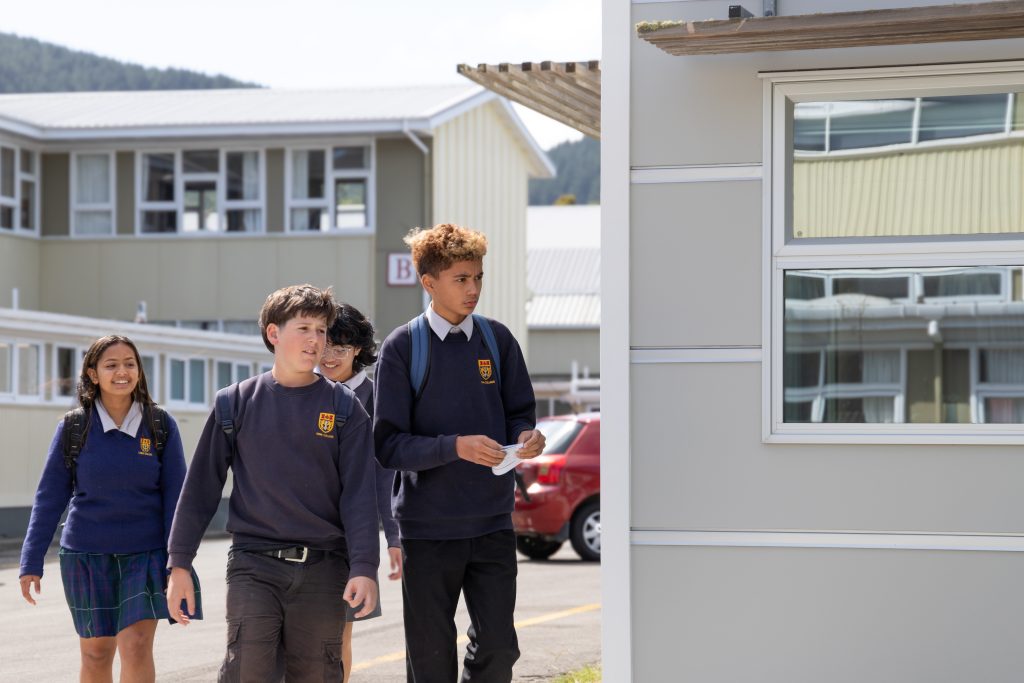
Restorative Practices
New Zealand Schools are undergoing a huge shift in how they deal with young people and help them to engage with adults and learning in a positive way.
The restorative practices that we follow at Tawa College helps us to achieve those goals.
Tawa College deals with behaviour management issues using a Restorative Practice approach.
The approach focuses on the relationships which have been damaged by the misconduct and how best these relationships can be restored.
This involves students “making things right” and also putting into place strategies and support so that the behaviour is not repeated.

Restorative Practice
What is it?
Restorative practice is a philosophy that recognizes good relationships as the cornerstone of creating an effective learning environment. The essence of Restorative Practice is accepting that people, especially teenagers, will make mistakes, and need to be given the opportunity to atone for those errors in behaviour.
At Tawa College we wish to work with students to form strong learning relationships, based on mutual respect and understanding.
A punitive system of discipline is concerned with rules that are broken, students who are responsible for breaking the rules and the predetermined punishments.
In contrast, a system of Restorative Practice looks at the relationships that are affected by an issue, who and how people have been affected and what needs to be done to solve the problem.
Students are encouraged to:
- Take responsibility for their actions
- Take actions to put things right
Why use it?
- RP acknowledges that making mistakes is a natural part of maturing
- RP understands that positive relationships are crucial to having the best educational outcomes for students
- In any school environment, like any community, there will inevitably be conflict, miscommunication and difference of opinion.
- RP is a process in which students learn to manage disagreement and conflict in a calm manner
- RP allows all involved to tell their story in a safe environment, building understanding and empathy; victims have a voice in the discussion
- RP allows for understanding of the effect of the behaviour and a chance to repair the harm caused
- RP allows focus on the ‘need’ rather than the ‘deed’
The Process
Respectful / Grassroots relationships
The first step in the progression is the building of good relationships: staff & students, students & students, staff & staff.
The “Mini Chat” – Teacher & Student
Respectful conversation, short in duration, collaborative problem-solving of a small issue.
The “Mini Conference”
Deans/DPs & group of students or teacher/ student More structure discussion involving several participants which is not serious enough to require parental involvement.
The “Class Conference”
Dean/DP & class Structured, circle based discussion when the learning in class is being affected by a conflict or ongoing behaviour. The facilitator will help students discuss the harm being done and a collaborative solution will be found to change the class learning culture.
Hui Whakatika
Dean & student with supporters: parents, form teacher, Dean, DP or Principal. This meeting addresses ongoing behaviour that is affecting the student’s and their peers’ learning. Strengths and Challenges are discussed and a plan for future improvement collectively made.
The “Full Conference”
Trained Facilitated & students/staff/parents/community representatives
This is used for incidents when there is serious harm caused to staff, students or the school. It requires a high level of preparation following an investigation of the incident. Conferences take time to prepare, but have the potential to be powerful in terms of addressing harm, mending relationships and changing behaviour. A formal agreement and support structure will follow the conference.

The Restorative Script – 5 steps
Tell the story – Establishing understanding
What happened and what were the causes?
How did you become involved?
What were you thinking at the time?
Explore the harm – Developing empathy
Who has been affected? In what ways?
Was this fair or unfair?
What do you think it must have been like for them?
Repair the harm – Taking responsibility
What do you think needs to happen to put things right?
How will this happen, tell me more about this.
When can this happen?
Reach an agreement – co-constructing an agreement
How can we make sure this doesn’t happen again?
What do you need to stop doing, stay doing, start doing?
What support do you need from me/us?
If this happens again, what will you do differently?
Plan follow-up – allowing parties to move forward with support
When would be a good time to check in with you and see how you’re getting on?
What will happen if our agreed outcomes haven’t been reached?
